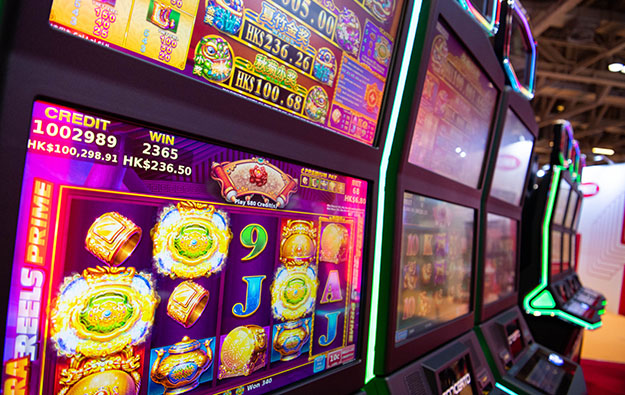People are attracted to gambling, whether it be choosing stocks or playing slot machines. Gambling expert Dr. Luke Clark explains that this is more of a feature than a bug in our “firmware”, that is, a feature, not a bug.
Dr. Luke Clark is an expert in the psychology of gambling and director of the Center for Gambling Research at the University of Columbia, which studies the cognitive, behavioral, clinical and neurobiological aspects of gambling. As a result of his research, he came to the conclusion that the behavior of gamblers on the stock exchange in a cognitive sense does not differ in any way from the behavior of gamblers on the stock exchange and lovers of dangerous transactions. We'll talk about this.

How did you become a gambling expert?
Certainly not from personal experience! I studied experimental psychology at Oxford and did my PhD in decision making in the late 90s. A few years later, the British government revised its gambling laws. There were some fears that the liberalization of laws could lead to an increase in the number of people who have problems with gambling. That is why the government has provided some funding for research. I applied for a grant, and it turned out that gambling and dangerous transactions can be used as a way to study the psychology of choice.
How well do we understand the psychology of gambling?
We consider the problem of gambling as the result of two main factors. The first is individual. Some people are more likely to develop a gambling disorder, so psychiatry and neuroscience have focused on trying to understand risk factors.
But there is a second factor - the games themselves. Some features in the design of the game can make it more exciting. For example, in the UK, almost half of the clients who present with disorders at the National Gambling Clinic have an addiction related to one particular game.
The strongest dependence is caused by electronic roulette. Still problematic players easily get addicted to a simple modern slot machine, which may look very different, but on a psychological level it works almost the same. We have several of these slot machines in our lab so we can study how they affect the brain.
We have identified several factors
One of them is just the speed of the game. Each spin on the slot machine takes five seconds or less. Therefore, as soon as the player finishes one bet, he can make another, which creates a feeling of continuous play. Another principle of games that cause addiction can be called “almost won”. It lies in the fact that it seems to the player that he is about to receive a win. There is no real difference between one losing spin of the wheel and another, but if the outcome seems to be close to a win, it causes a cognitive bias where players feel like they are close to winning. This is just an illusion. But she makes me come back to the game.
Think of all the bells and whistles you hear when a slot machine pays out. Sounds and lights have nothing to do with the actual monetary reward, but we have found that the player will take more risk in the game if the reward is accompanied by visual and auditory cues. We can see this even in lab rats. Food can be the reward for positive interaction, but if you add sensory feedback, rats will be willing to take risks to get food.
Of course, there are many overlaps between gambling and stock trading. In fact, it is difficult to come up with a definition of gambling that, in its formulation, would not be similar to trading.
The fact is that gambling behavior is associated with the dopamine system in the brain. When it comes to dopamine, scientists usually immediately think of the cycle of addiction: the brain responds to a positive experience (a dose of a drug) by releasing chemicals that stimulate more of the same behavior, thus completing the cycle of dopamine and trapping the patient. But the dopamine system is activated not only by drugs. A surge of the hormone can be caused by any activity that has brought results, that is, was somehow useful to us. The dopamine system responds to such an action with a surge and intercepts the decision-making process.
Usually things become predictable if you can recognize the underlying patterns. So the brain is always trying to find these patterns. This was taught to us by our distant ancestors. We want predictability. When is the best time to return to this food source with the certainty that sweet apples await us there? The life of our ancestors often depended on the answer to this question. Therefore, evolution has taught us to find patterns and patterns. But there is no pattern in gambling. It's pure randomness, so the brain is constantly trying to find a pattern that isn't there.
